Best Time for Storm Restorations in Ohio
Storm restorations are most effective when performed promptly after severe weather events. The optimal time depends on weather patterns, local climate conditions, and the severity of storms. Typically, late summer and early fall are common periods for storm activity in Ohio, making this the ideal window for inspections and repairs. Addressing storm damage quickly can prevent further deterioration and reduce long-term costs.
Conducting inspections immediately after storms ensures damage is identified early, preventing secondary issues like leaks or structural weakening.
Late summer and early fall often see increased storm activity, making these seasons prime for storm restorations.
Dry weather following storms allows for effective repairs and minimizes delays caused by rain or snow.
Scheduling restorations during periods of stable weather ensures high-quality work and durability.
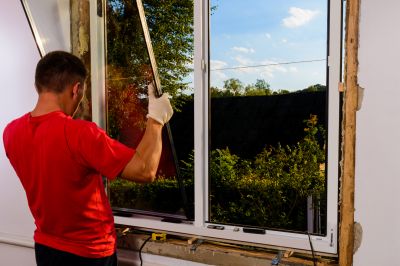
Ways to make Storm Restorations work in tight or awkward layouts.
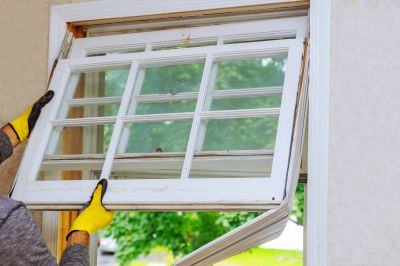
Popular materials for Storm Restorations and why they hold up over time.

Simple add-ons that improve Storm Restorations without blowing the budget.

High-end options that actually feel worth it for Storm Restorations.
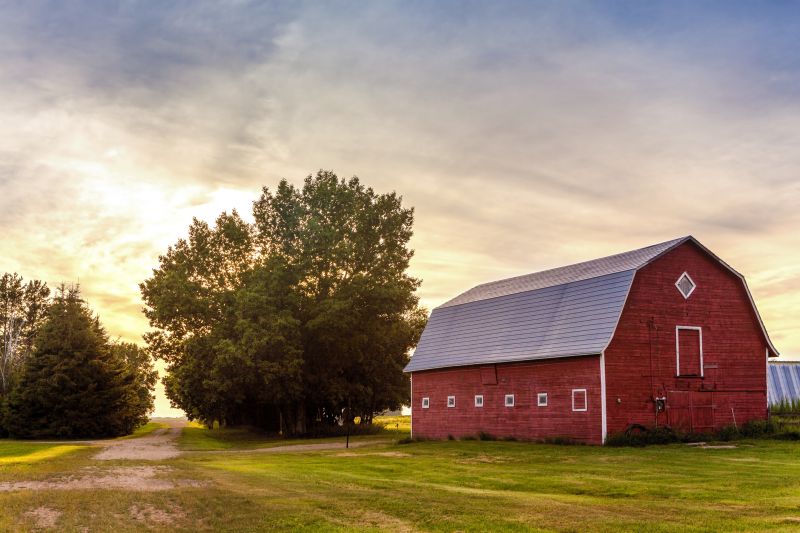
Finishes and colors that play nicely with Storm Restorations.
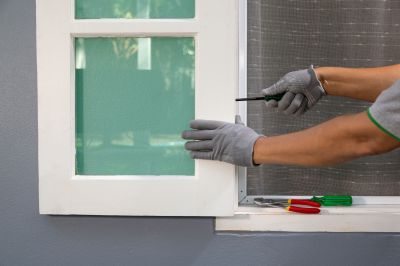
Little measurements that prevent headaches on Storm Restorations day.
Storm restorations involve repairing or replacing damaged roofing, siding, windows, and other structures affected by severe weather. Proper timing ensures that repairs are durable and effective, reducing the risk of future damage. Prompt action can also help maintain property value and safety.
Severe weather events can cause extensive property damage, with Ohio experiencing an average of multiple storms annually, leading to significant restoration needs.
Addressing storm damage quickly can prevent secondary issues such as mold growth, wood rot, and structural weakening.
Monitoring weather forecasts helps schedule restorations during periods of stable conditions for optimal results.
Regular inspections and maintenance can prepare properties for storm season, minimizing damage and repair time.
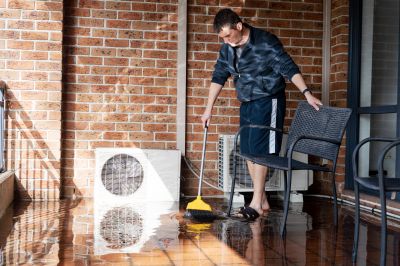
A 60-second routine that keeps Storm Restorations looking new.
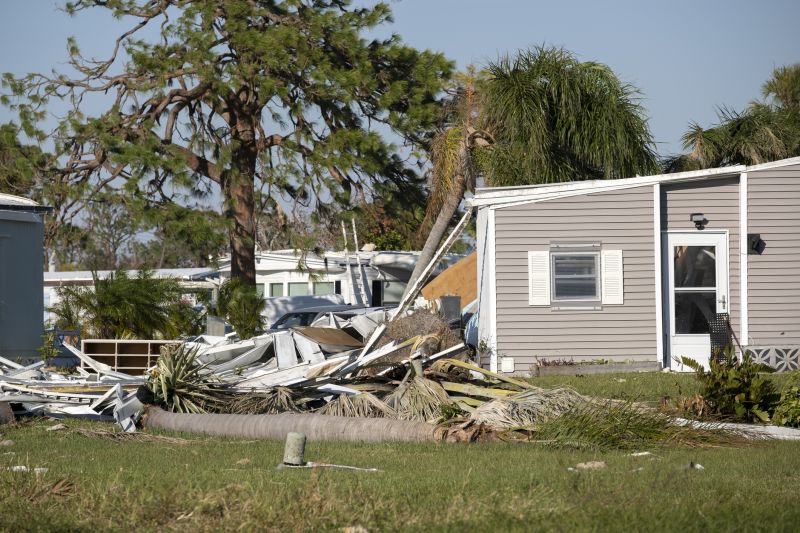
A frequent mistake in Storm Restorations and how to dodge it.
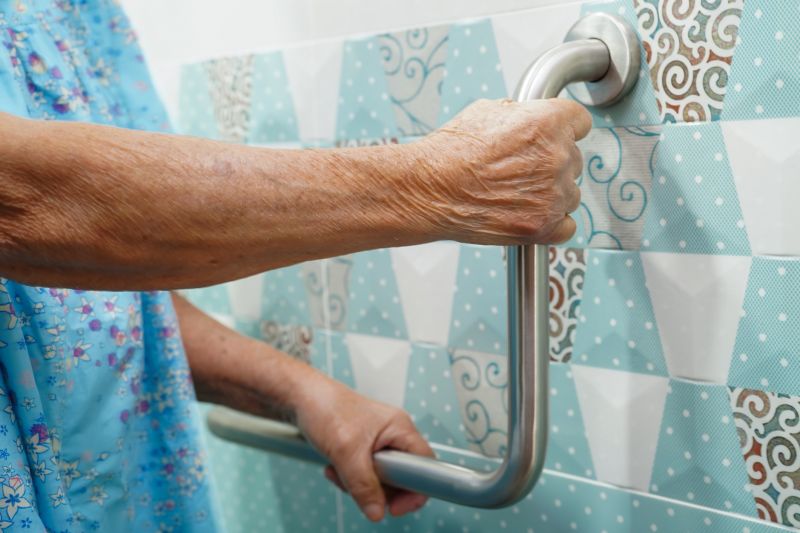
Small tweaks to make Storm Restorations safer and easier to use.
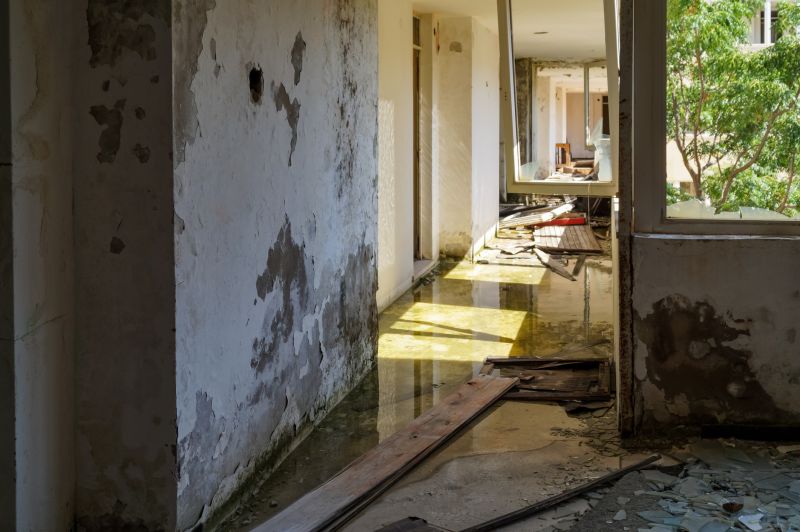
Lower-waste or water-saving choices for Storm Restorations.
Engaging in storm restorations during optimal times can mitigate extensive damage and help maintain the structural integrity of properties. Properly timed repairs ensure resilience against future weather events and support long-term property value.
| Aspect | Details |
|---|---|
| Ideal Seasons | Late summer and early fall are optimal for storm restorations in Ohio. |
| Weather Conditions | Dry periods following storms facilitate effective repairs. |
| Storm Activity Trends | Monitoring local storm patterns helps plan timely interventions. |
| Inspection Timing | Post-storm inspections should be conducted promptly. |
| Preparation | Regular maintenance can reduce damage severity. |
| Cost Savings | Early repairs can lower overall restoration expenses. |
| Property Safety | Timely restorations help ensure structural safety. |
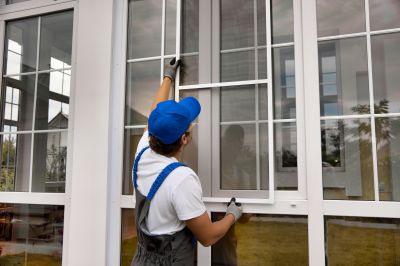
The short, realistic tool list for quality Storm Restorations.
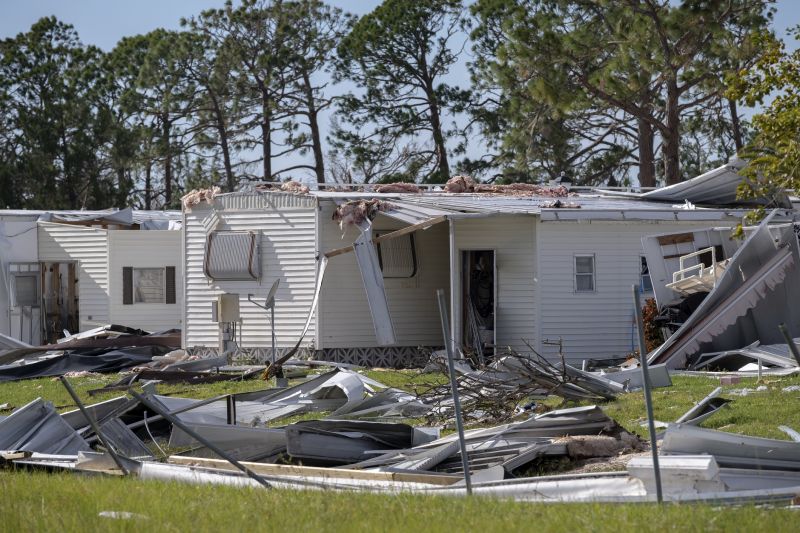
Rough timing from prep to clean-up for Storm Restorations.
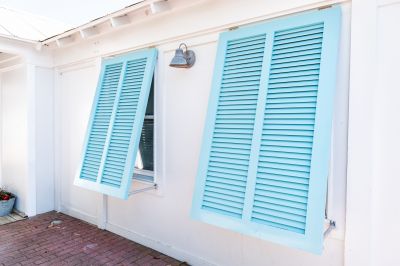
Quick checks and paperwork to keep after Storm Restorations.
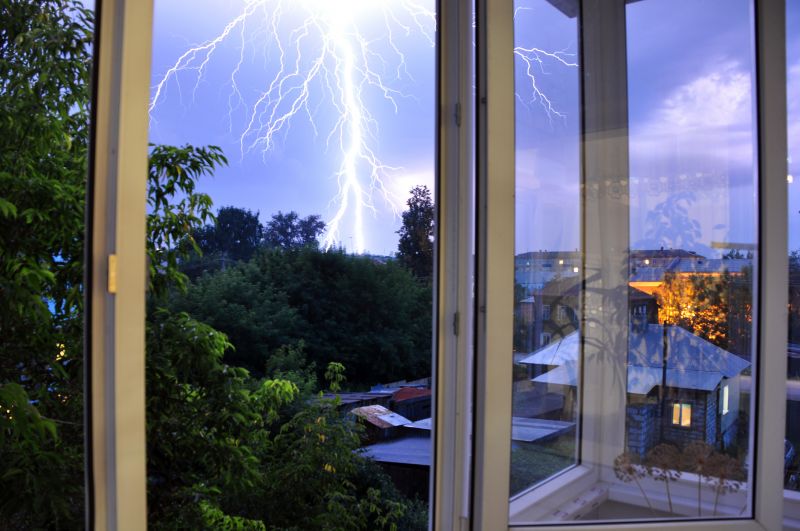
Examples that show the impact a good Storm Restorations can make.
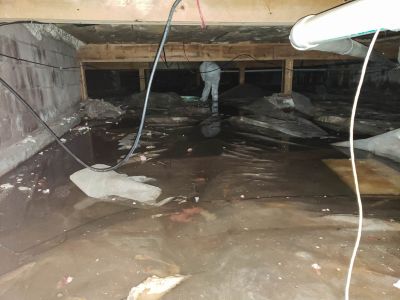
Ways to make Storm Restorations work in tight or awkward layouts.
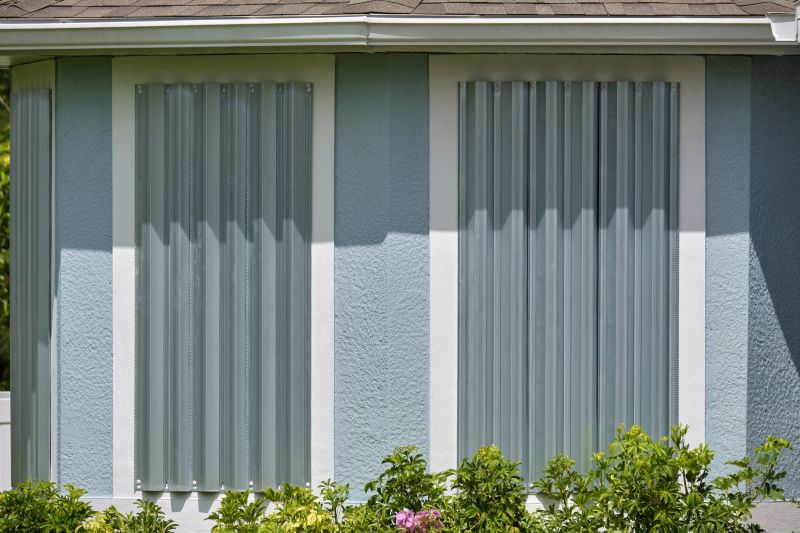
Ways to make Storm Restorations work in tight or awkward layouts.
Interested property owners are encouraged to contact for assessments and planning to ensure timely and effective storm restorations. Early action helps protect property value and safety against future weather challenges.
